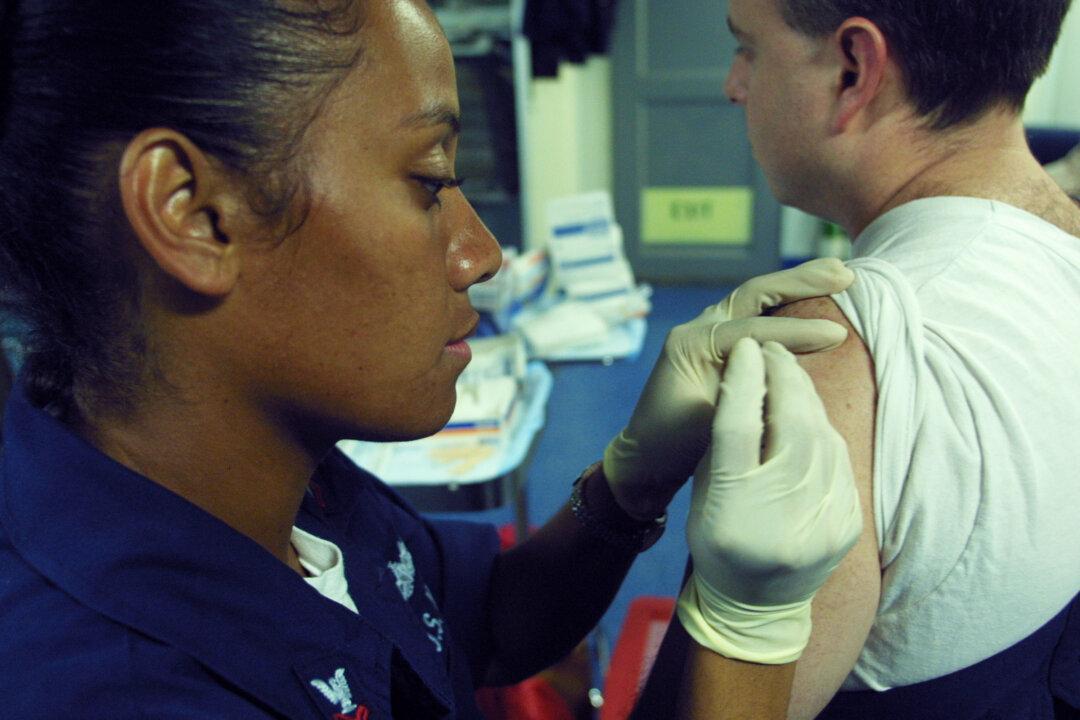Several U.S. military personnel who received a smallpox vaccination died from heart inflammation, and others hadn’t recovered from the same inflammation years after first experiencing the condition, an in-depth review of medical records has found.
Autopsies of two male military members in their 20s who suddenly died showed that they had heart inflammation, or myocarditis. There were also signs that heart inflammation contributed to the deaths of two others, one an 18-year-old male and the other a 23-year-old female.





